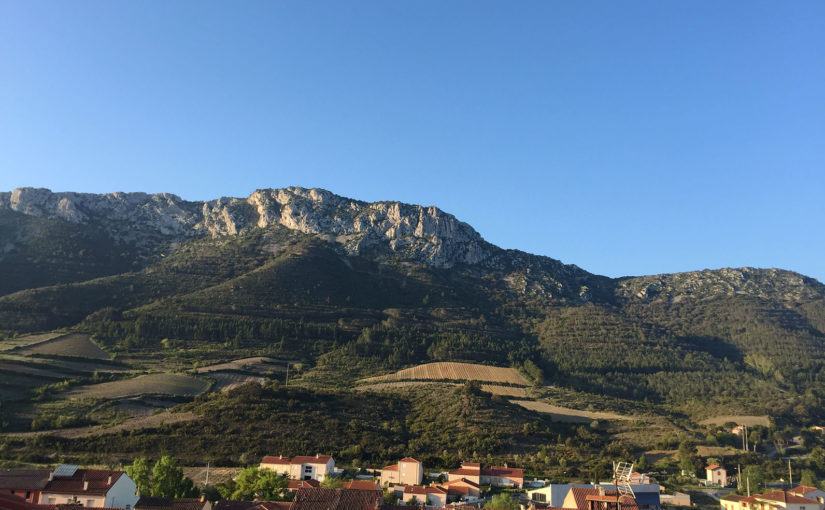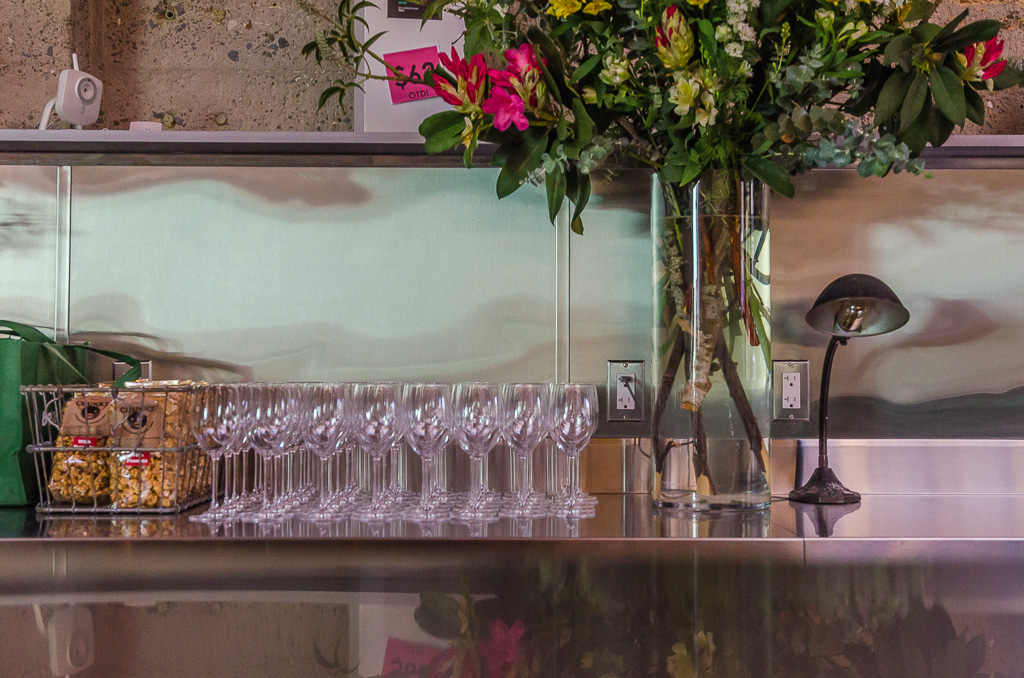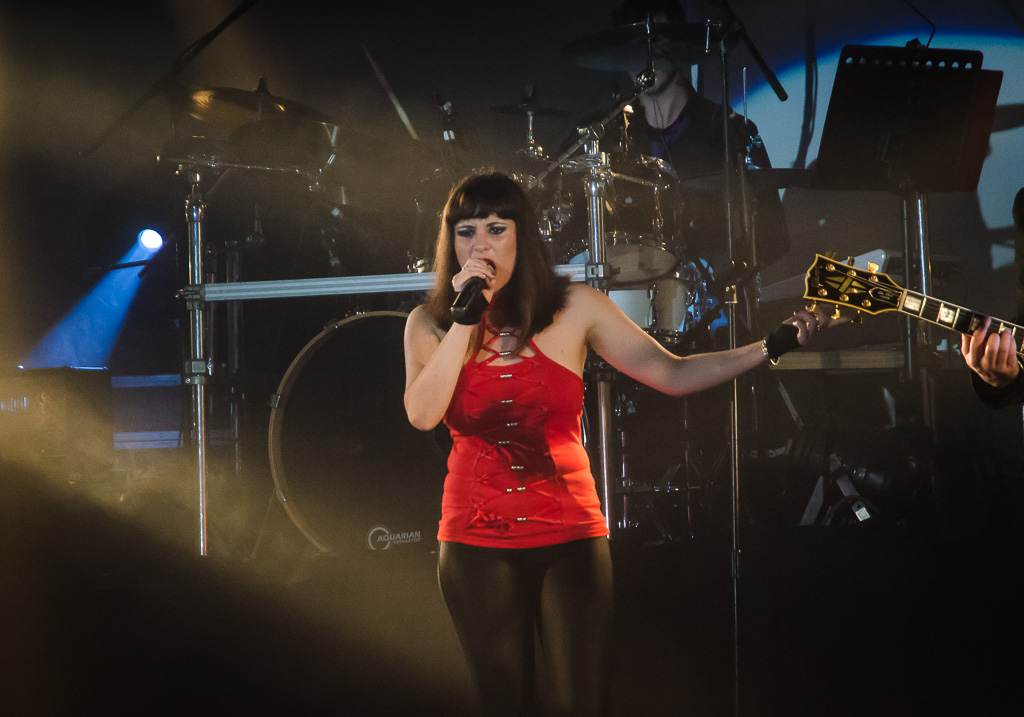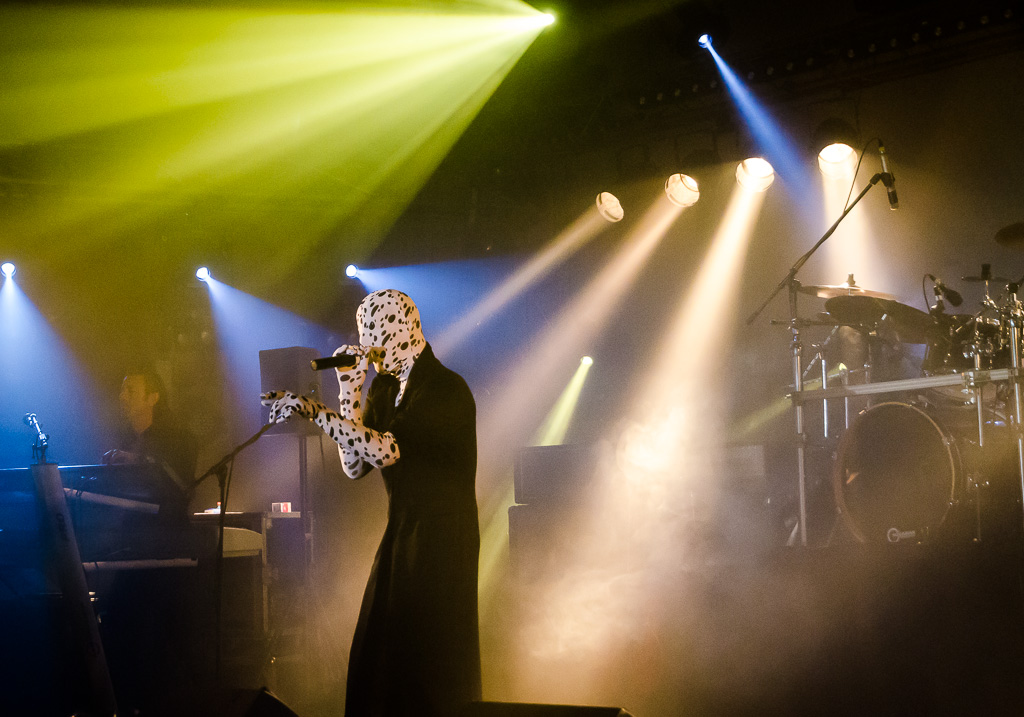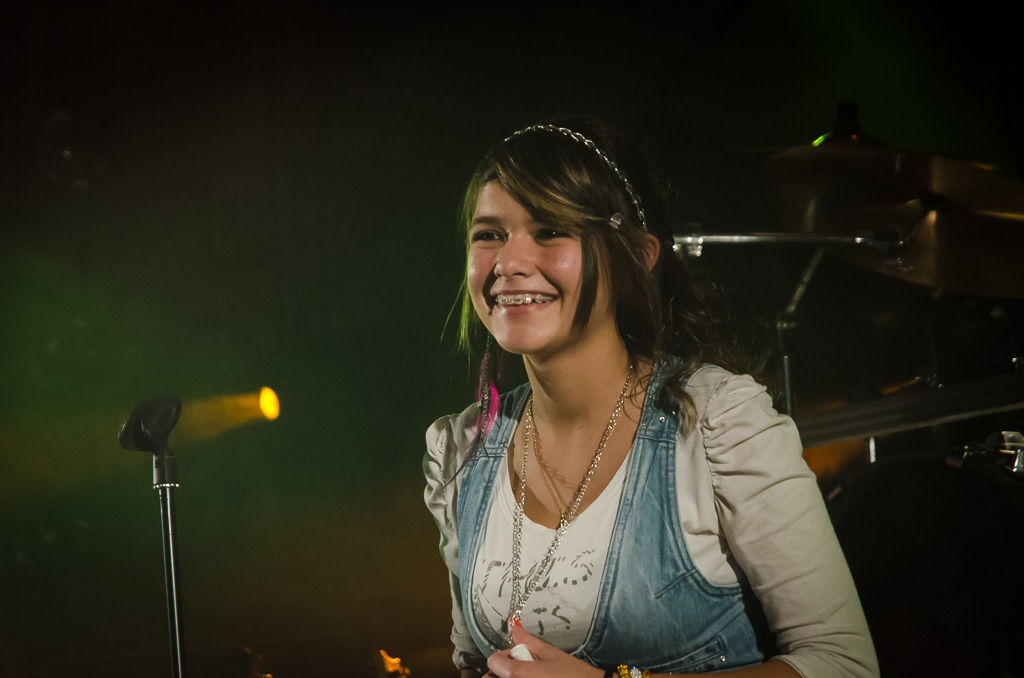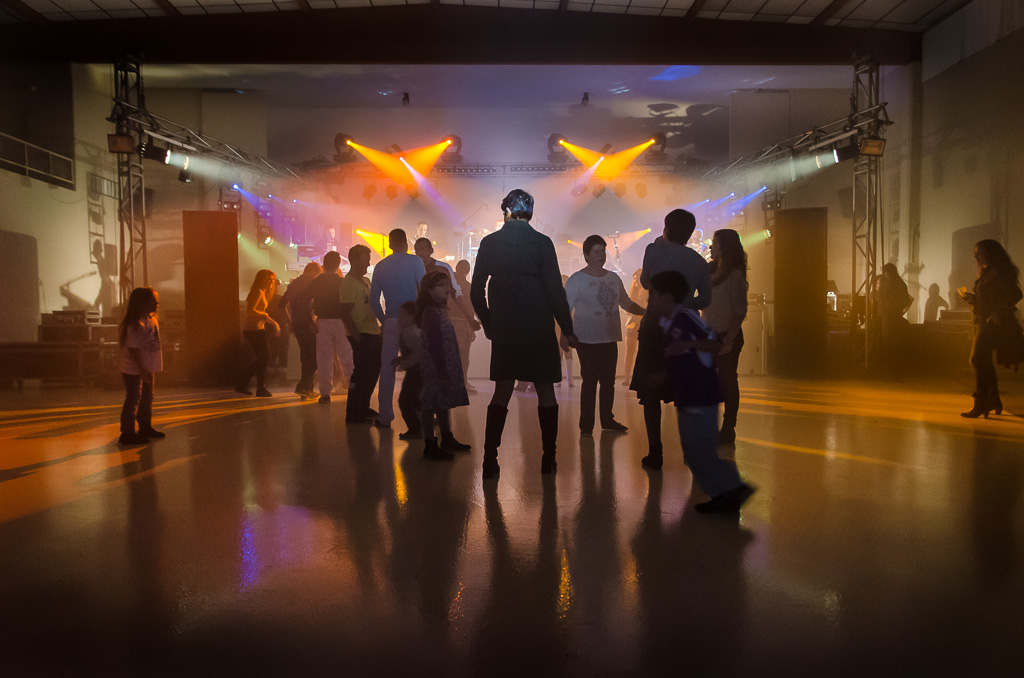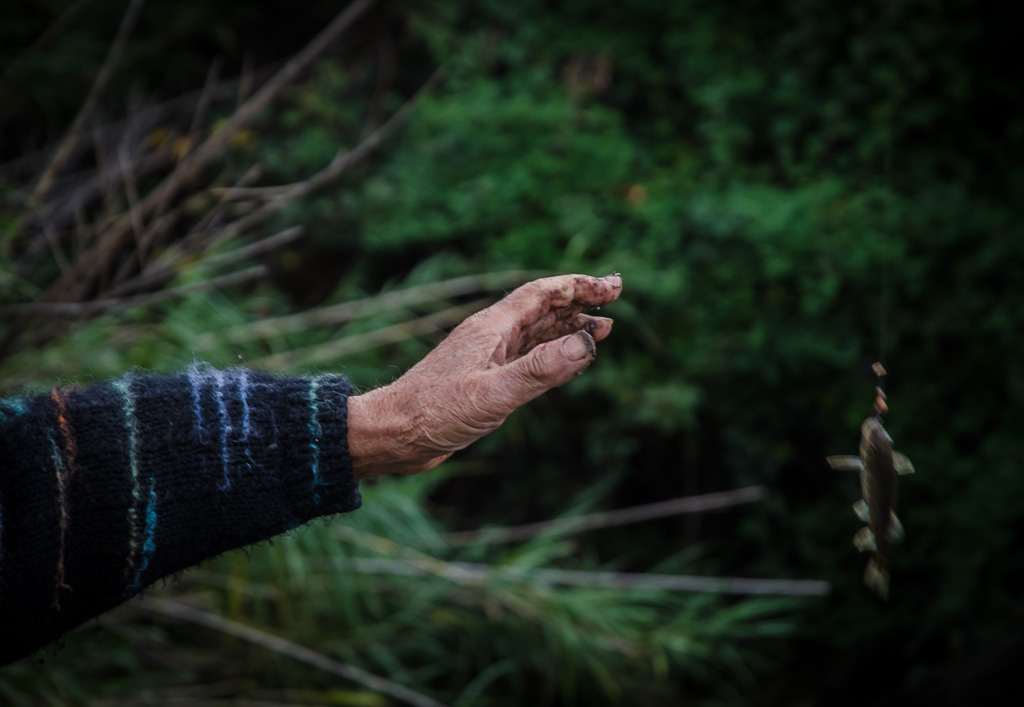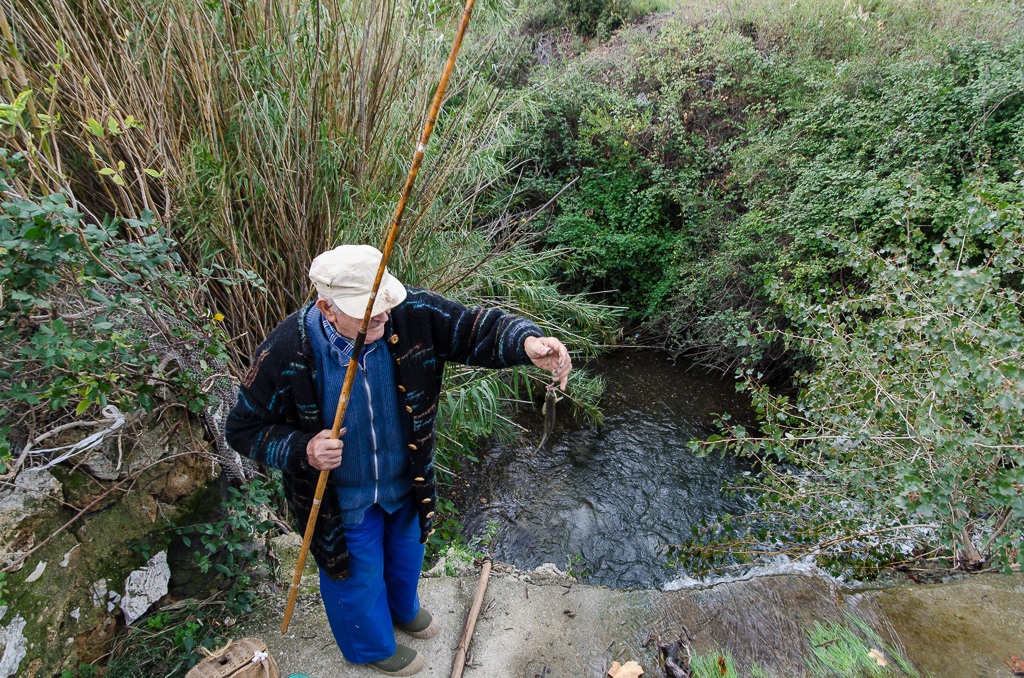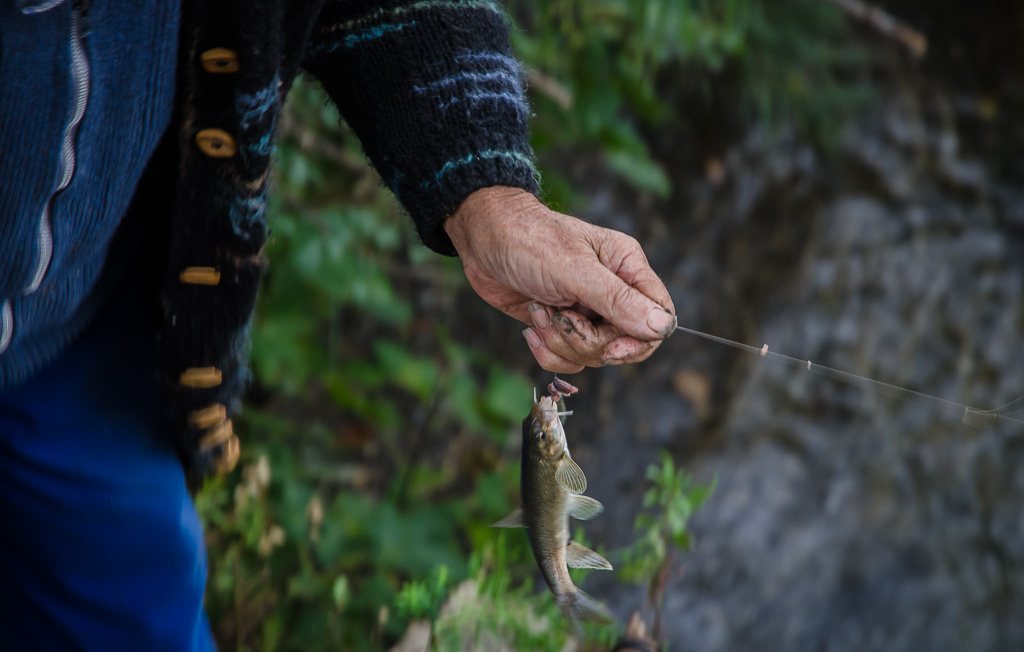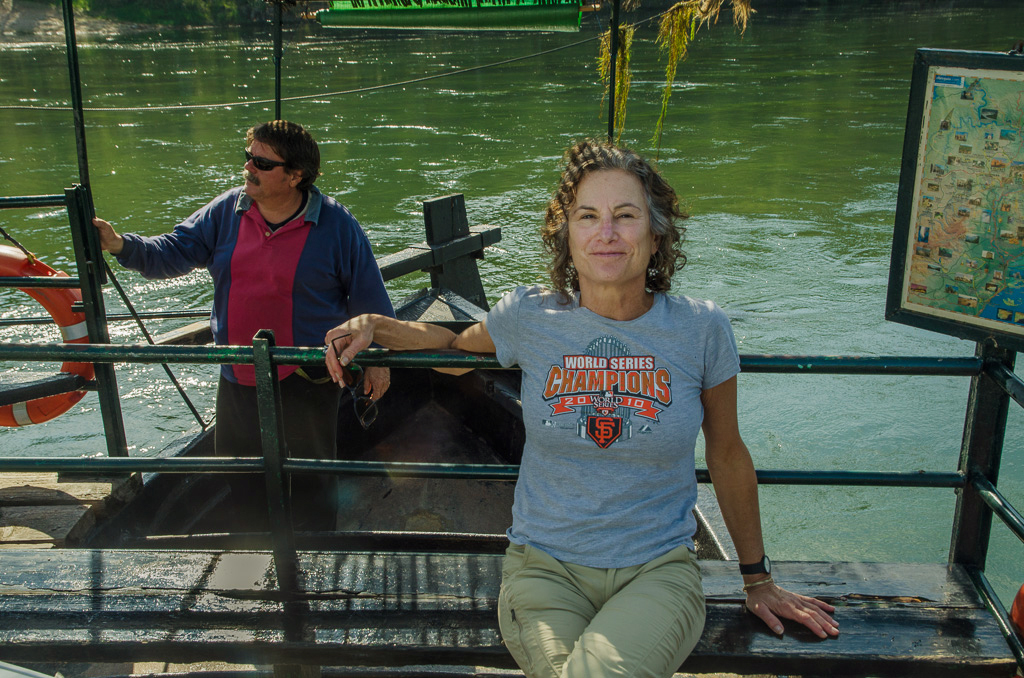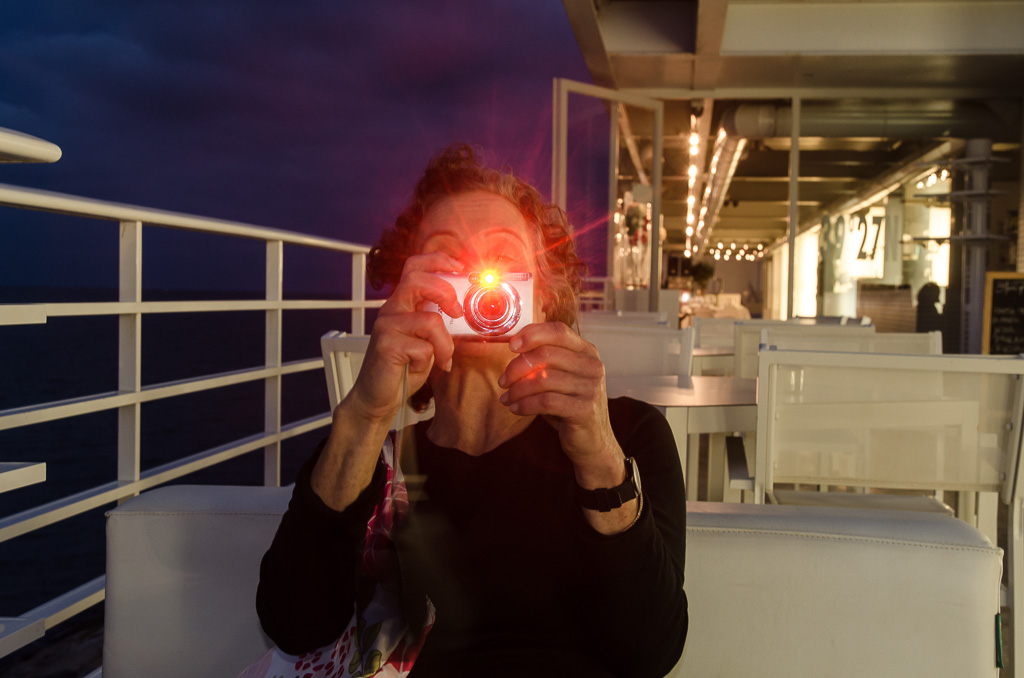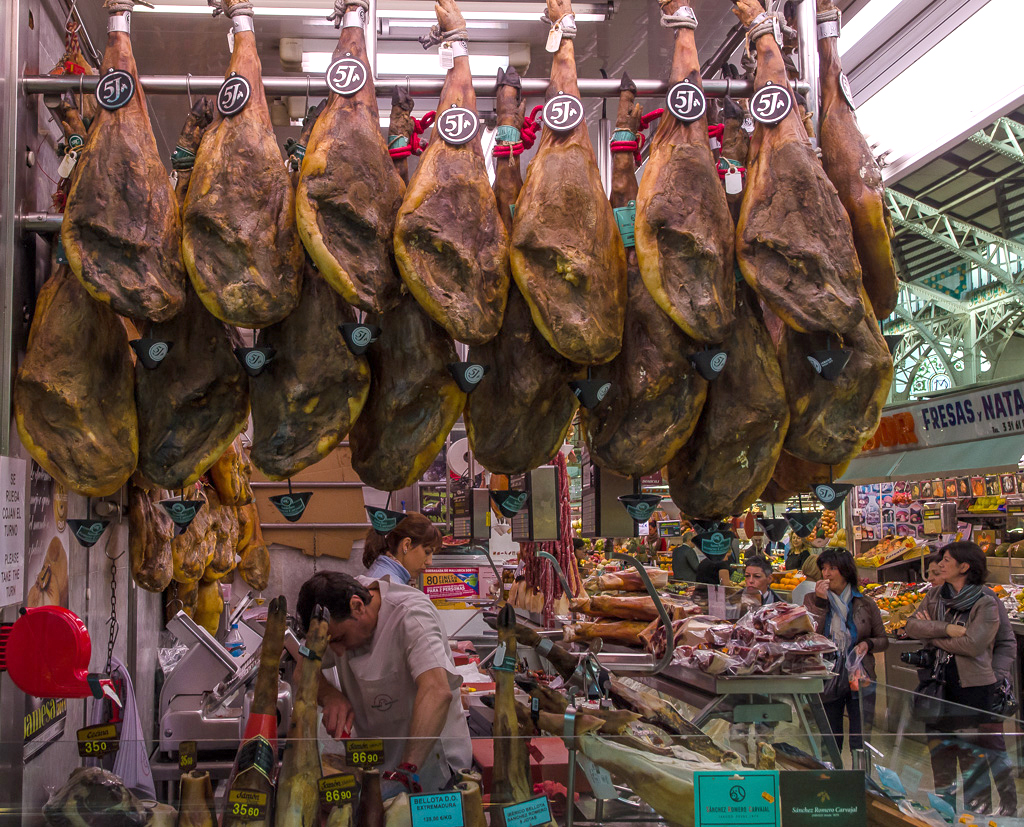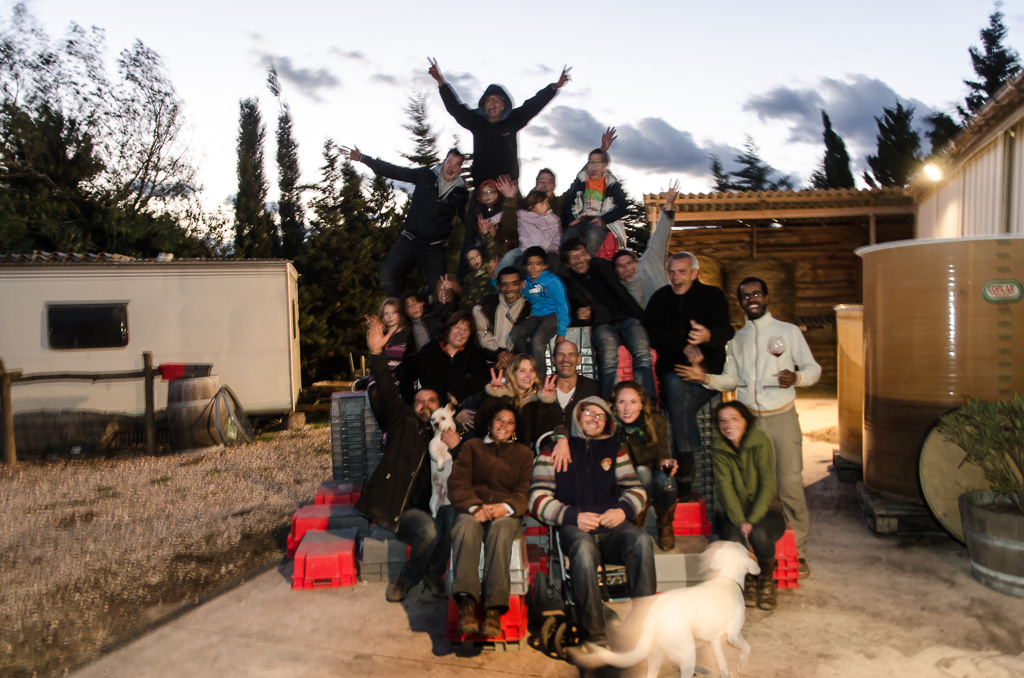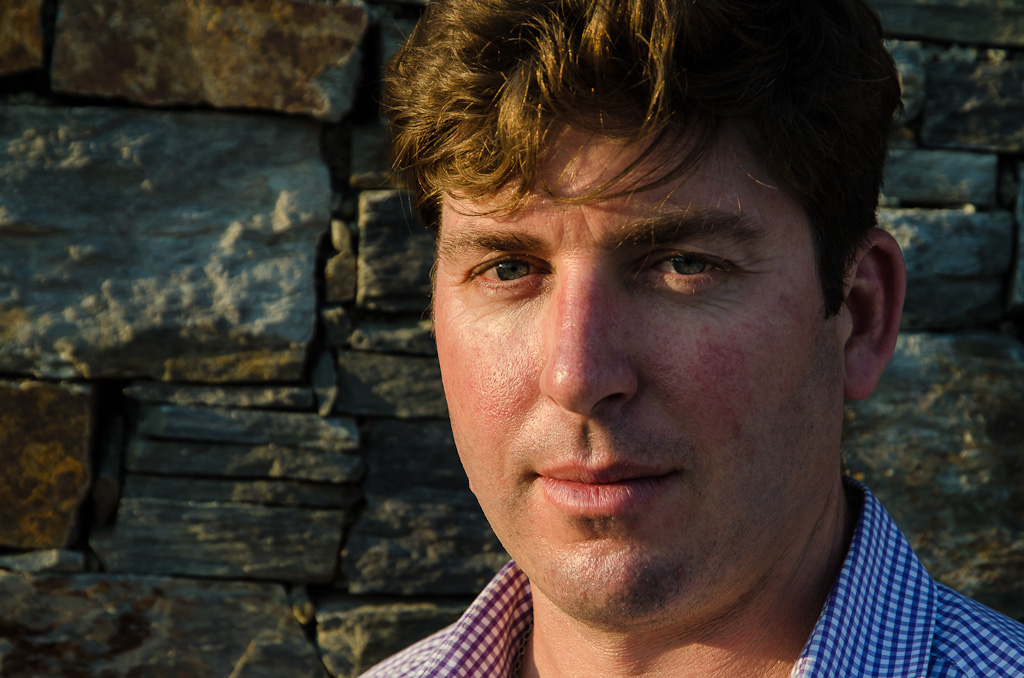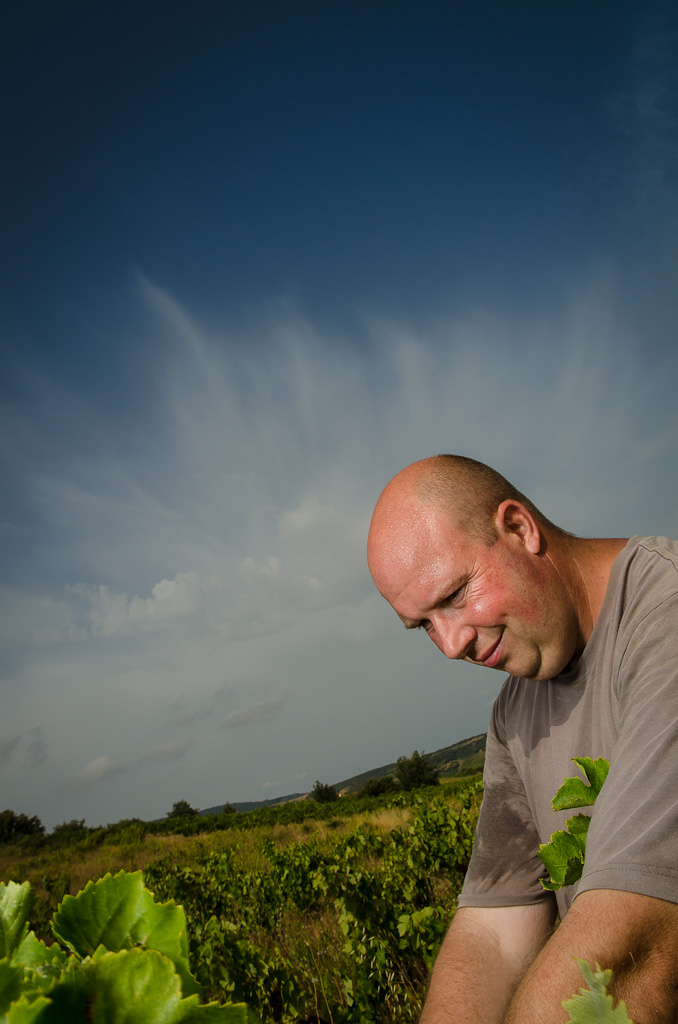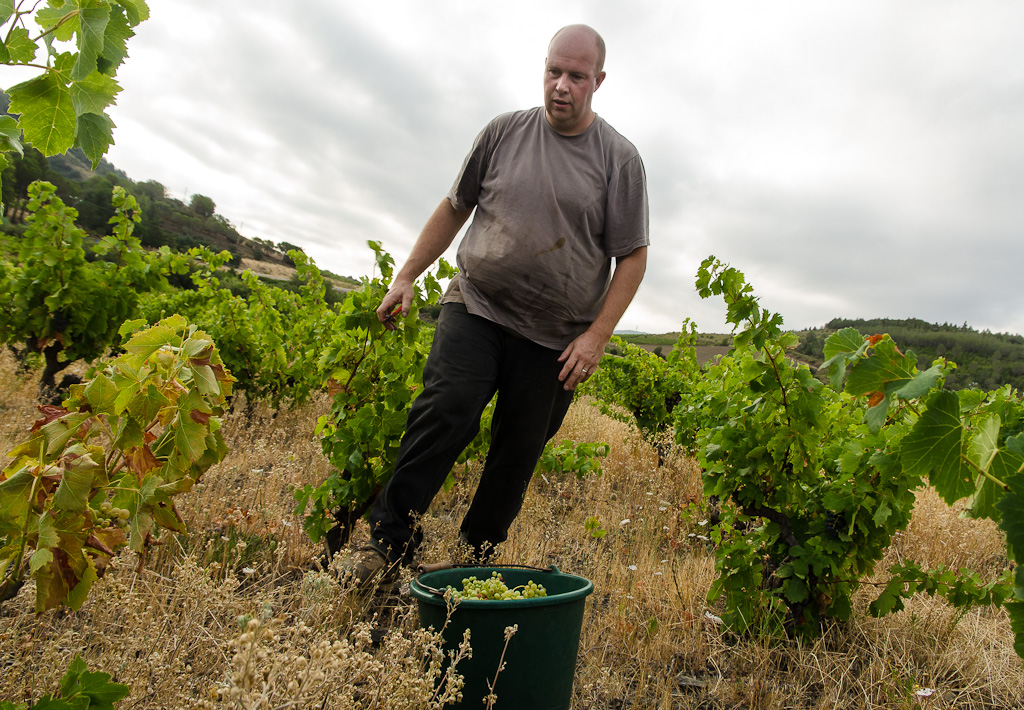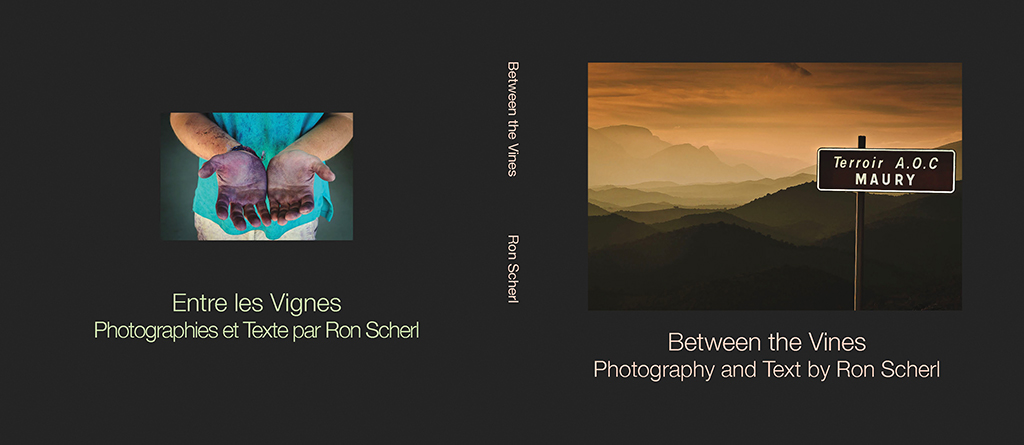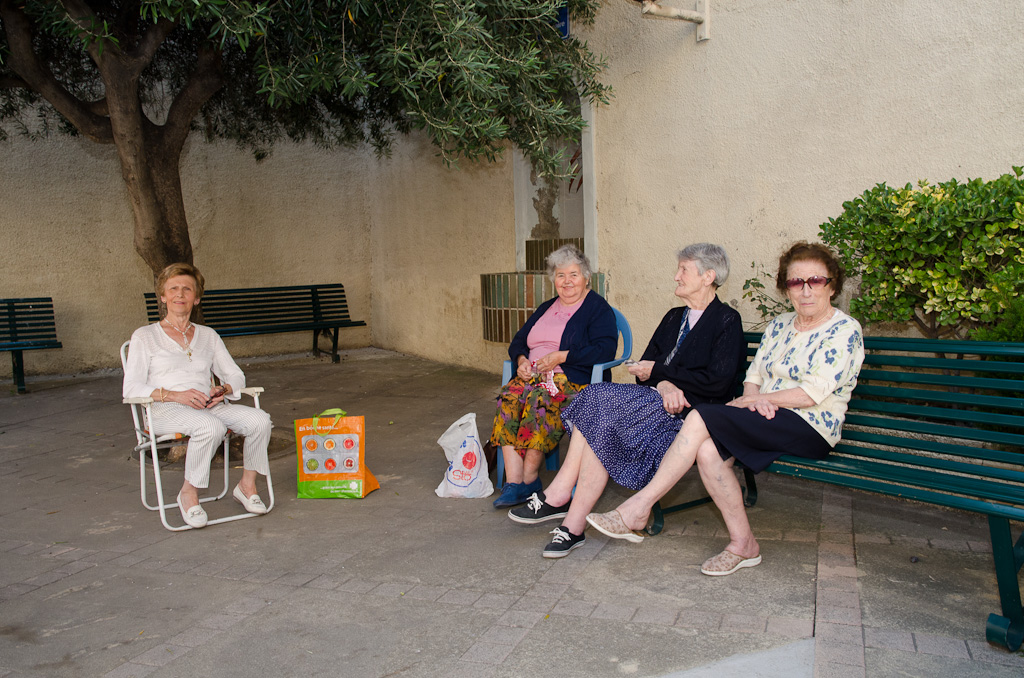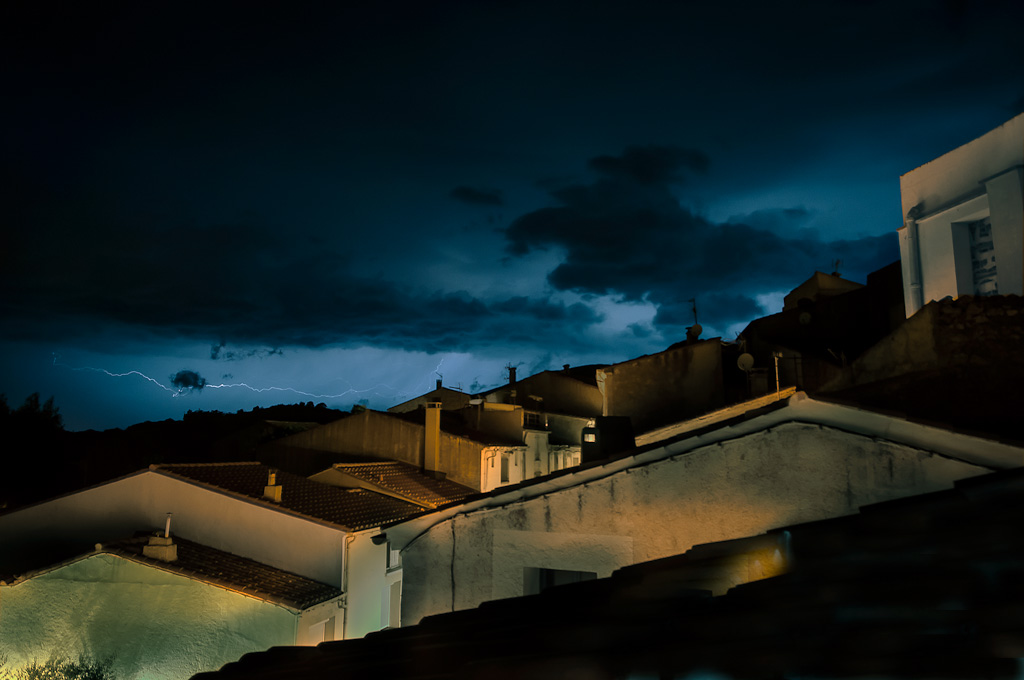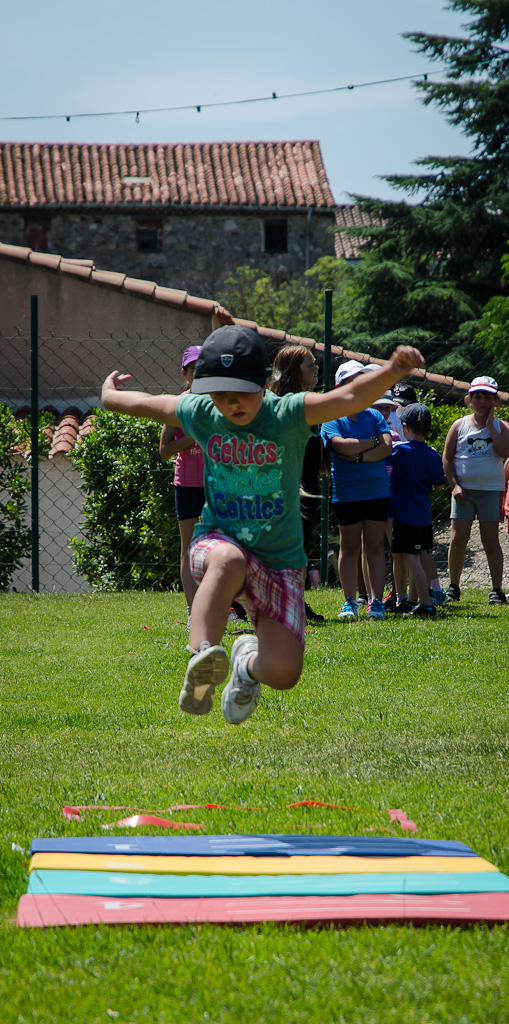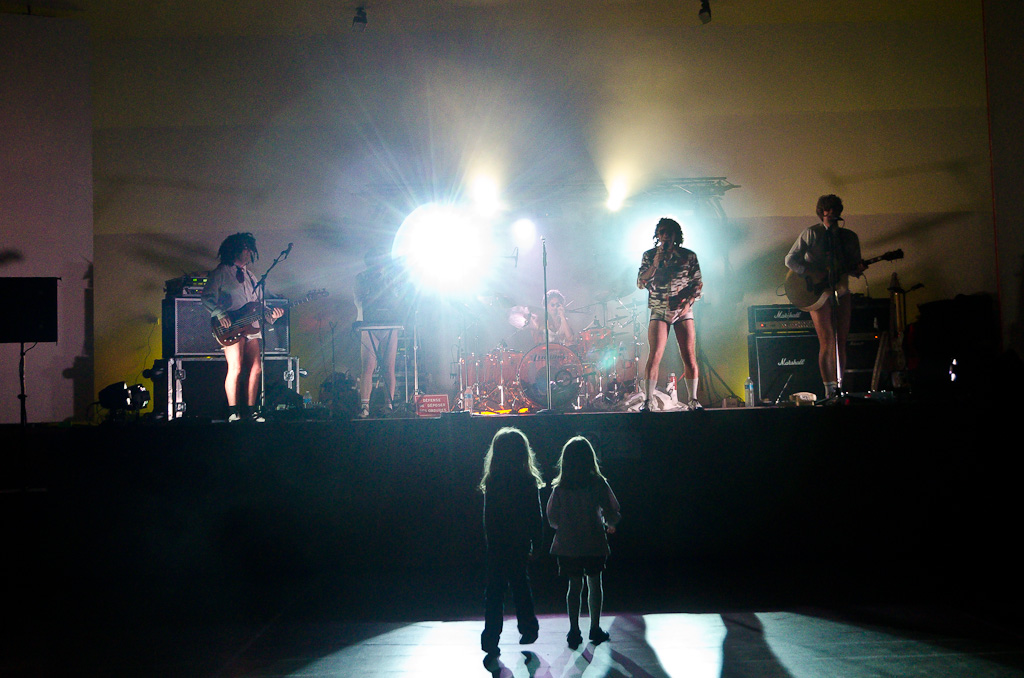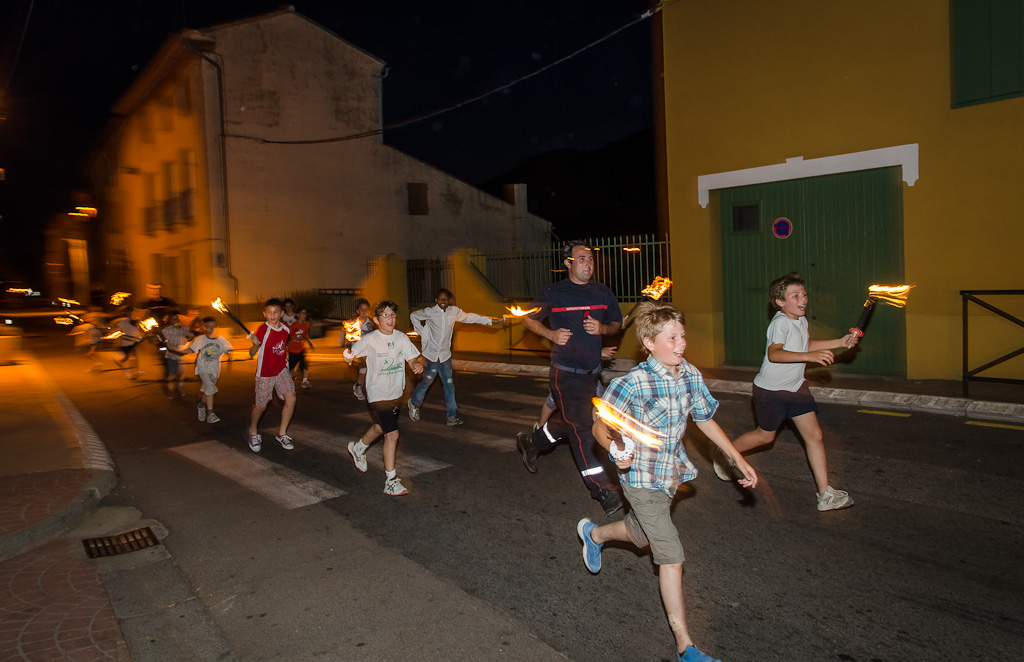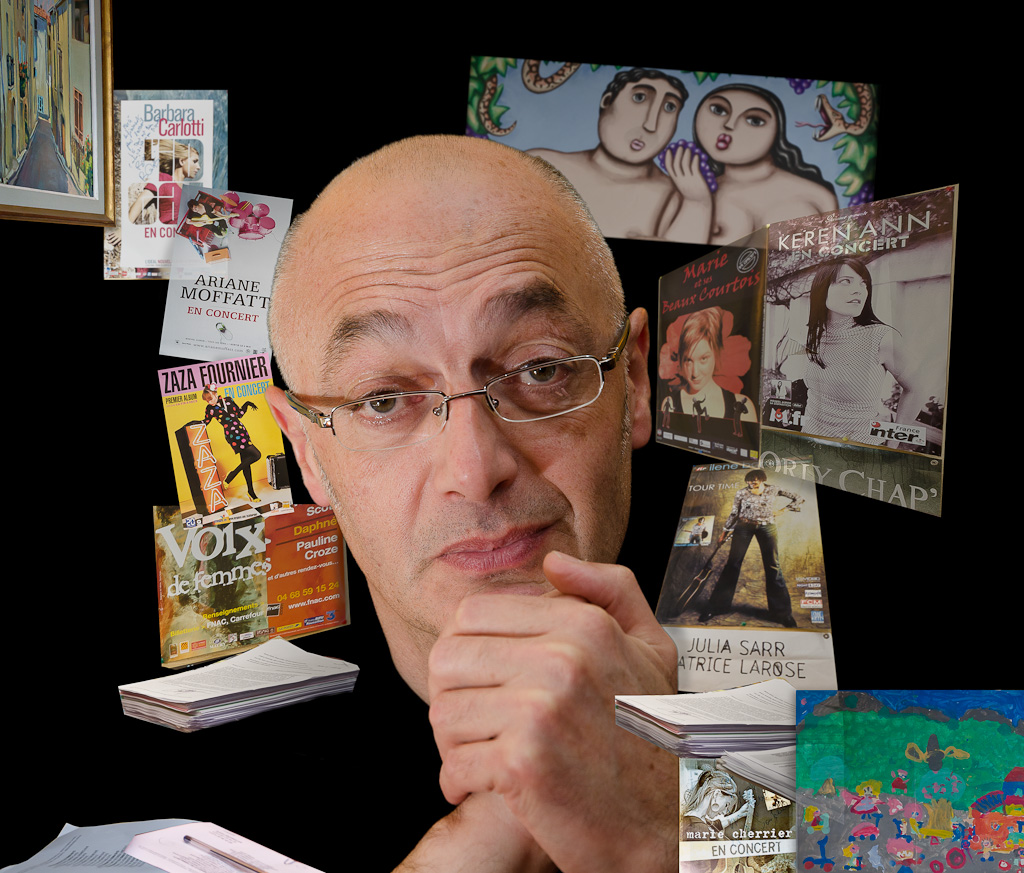I returned in a rush, feeling as if every chore needed to be dispatched with a life-saving urgency. Part of the reason I left San Francisco was the feeling that my $2000 per month junior one bedroom never felt like home. I needed that feeling. It wasn’t about ownership. Having grown up in rented apartments, I never had a great need to own a home and my one attempt to do that in SF was an emotional disaster and a financial wash. I am, perhaps, the only person in the last hundred years to manage to lose money in San Francisco real estate, so my ownership share in the Maury house was not the emotional balm I was seeking, it was simply the feeling that I could make this place my home. I needed that and I was in a hurry to make it happen.
I collected eleven boxes of books and clothes I could not live without from a postmistress happy to regain the space in her small office and amused that I would move here from San Francisco. “Trump?” She asked and I agreed that was part of it but said I was concerned about the imminent French elections as well. She shook her head, gave me a classic French shrug and “Beh. Everywhere. Who knows?” Then she smiled and said “Bienvenue à Maury”. I thanked her, said goodbye and turned to find a warm welcome from Marie-Laure and her grandson from Mas de Lavail. Noticing the boxes, she asked if I was returning to stay, smiled when I said yes and said she was happy to see me again. This scene would be repeated a number of times whenever I ran into someone I knew. It is genuinely welcoming, there is nothing false about it, but it goes only as far as the front door. An invitation to lunch or dinner is rare. It’s not personal, the French, at least the Maurynates, do not often invite people to their homes. They do not socialize over a meal the way we do. Sunday lunch is a family tradition, usually only for the family. A very acute sense of privacy allows for extended conversations in the markets and bakeries before going home to close the door and shutters.
Geneviève came by as I was unloading boxes and told me Pappi had died in February after a fall. He was 95 years old but I loved seeing him work his garden and hoped he’d go on for a while longer.
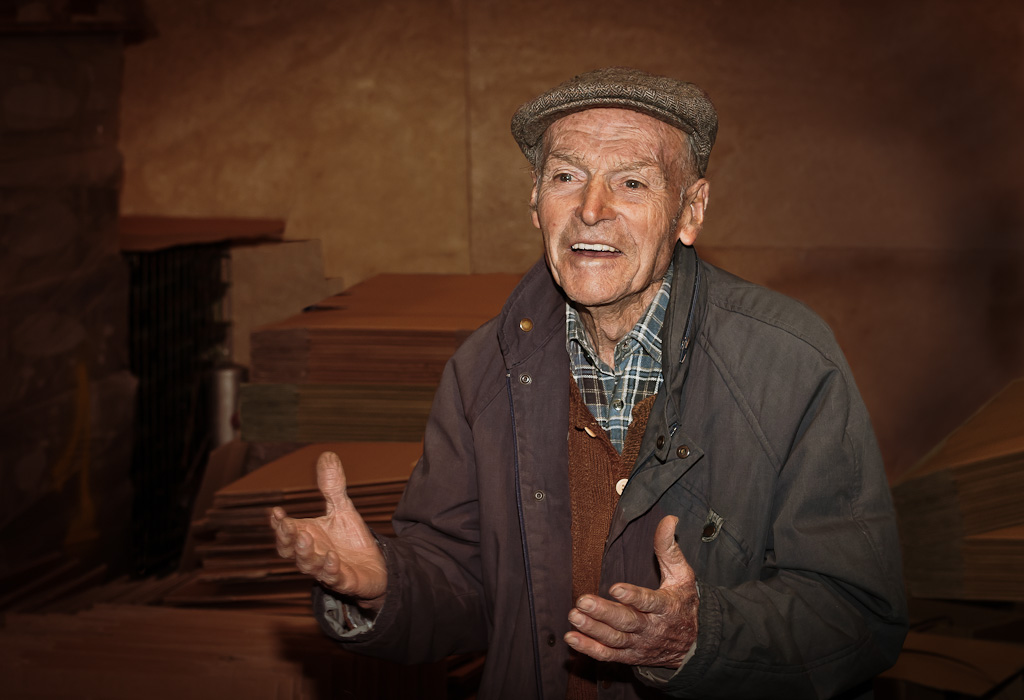
I tried to call Mary Ann and Larry to tell them the sad news but the phone wasn’t working. I don’t use the landline much but its unlimited free calls to the US are essential for Mary Ann who has to continue to run a business while visiting here. I rebooted the internet box but that had no effect on the phone and killed the WiFi. Got the WiFi back but still no phone and now no internet access, got that back long enough to find the SFR service page but the online reboot didn’t work before the connection was lost. Off to the SFR boutique in Perpignan where I managed to explain the problem to two twenty-something sales reps. They looked at the box as if it just been recovered from a pyramidal tomb and told me they would exchange it for a new, more powerful model. That is, I should exchange it, I should probably bury it, but they couldn’t do it there. I had to go to the depot in Rivesaltes where I could leave the box and in three days I could return to pick up the new one. Three days without internet, in baseball season – impossible. I begged, I pleaded, I told them I was old and internet was my lifeline. It worked. They conferred, went into a backroom and returned with a new box that I could borrow while waiting for the exchange. Why they had the new box, could loan it to me, but couldn’t make the exchange is one of those perfect French mysteries. Now that I had the loaner I didn’t have to take in the old box immediately, instead I should wait (three days) until they called, then pick up the new box at the depot and return the loaner to the boutique. Don’t be concerned if you can’t follow the logic in all this but do keep in mind this is the kind of bureaucratic nonsense the French live with and accept every day. I was so grateful I bought cellular service from them, extended many, many merci beaucoups with my au revoirs, and went to lunch.
The new box worked like a charm and I returned to unpacking, which soon revealed an immediate need for more furniture. A large armoire with drawers for socks and underwear would be ideal and Michel had one he wanted to sell. I agreed to buy it, but we could not find a way to dismantle it enough to get it out of the warren of small rooms that was his mother’s house. The house will now be advertised for sale as partially furnished and I will return to Le Bon Coin, a kind of French Craig’s List. I filled both of the existing armoires with clothes although I’ll have to empty one to accommodate Walkers and guests, hung my tuxedo in the garage, ordered bookcases from Ikea for the five cartons still unpacked, and called Michel to tell him the upstairs toilet didn’t work. He came by, remembered he had shut off that water line because the terrace shower was leaking and promised to take care of it, later. We went to look for a shower to replace the ungainly Jacuzzi-like tub that was becoming a hazard.
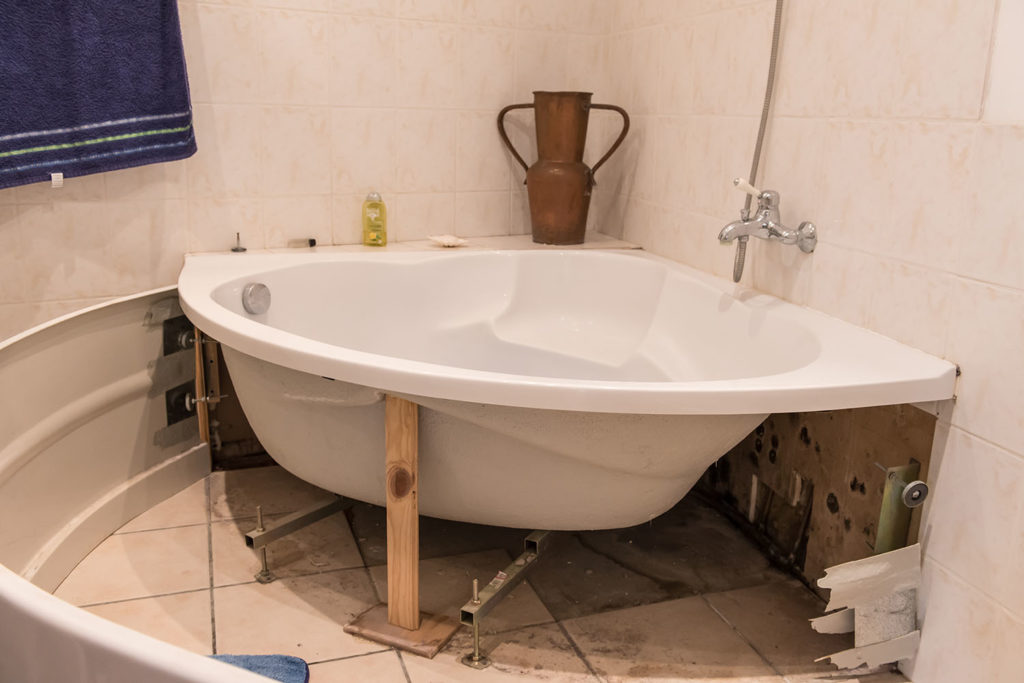
After seeing a couple of possibilities, we returned to the house to look at the plumbing under the tub and immediately fell into the rabbit hole of a Peter Mayle opus as Michel morphed into a crusty and taciturn old craftsman muttering untranslatable expressions that could only mean things were more complicated than they appeared. He decided it was necessary to bring in another plumber he knew, just to be sure it could be done. He thought it was possible, but wanted another opinion. He’d go home now to his dinner and to call the man. He’d let me know when they could come back.
Then the lights went out.
I was only trying to make dinner, turned on the oven, everything went black, but I didn’t immediately make the connection. I looked outside, it was dusk, the streetlights weren’t on yet and everything looked dark. I thought it was a widespread outage. Went in, lit some candles, looked outside and the streetlights were on. I called Michel who said yes, he had electricity and suggested I check with my neighbors but I saw no one and no lights in the houses. If people were home, they were watching their TVs behind tightly closed shutters, and I was reluctant to knock on doors that had never been open to me. Of course, many houses were empty—one friend told me there were more than one hundred houses for sale in Maury—and a funeral every week.
It finally occurred to me to check the circuit breakers—I’m a little slow on this home ownership thing—and sure enough the main breaker was tripped. I reset it went up to turn on the oven and was plunged back into darkness. Re-reset the breaker, made a sandwich, opened a bottle of wine, and watched the Giants new closer blow the opener.
It’s a long season.
©2017 Ron Scherl

